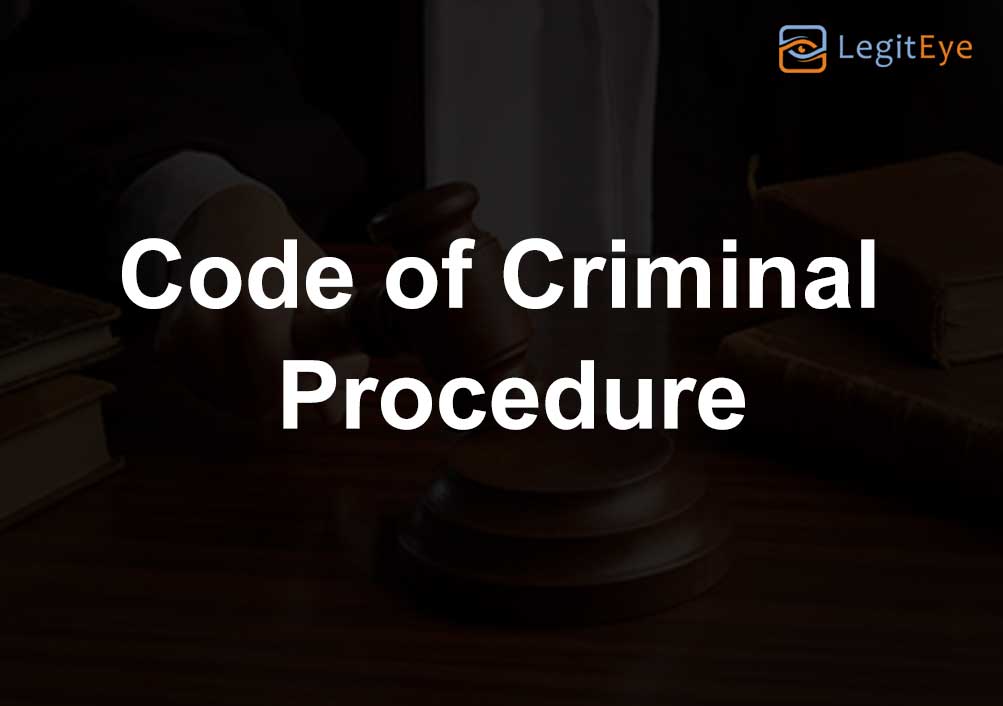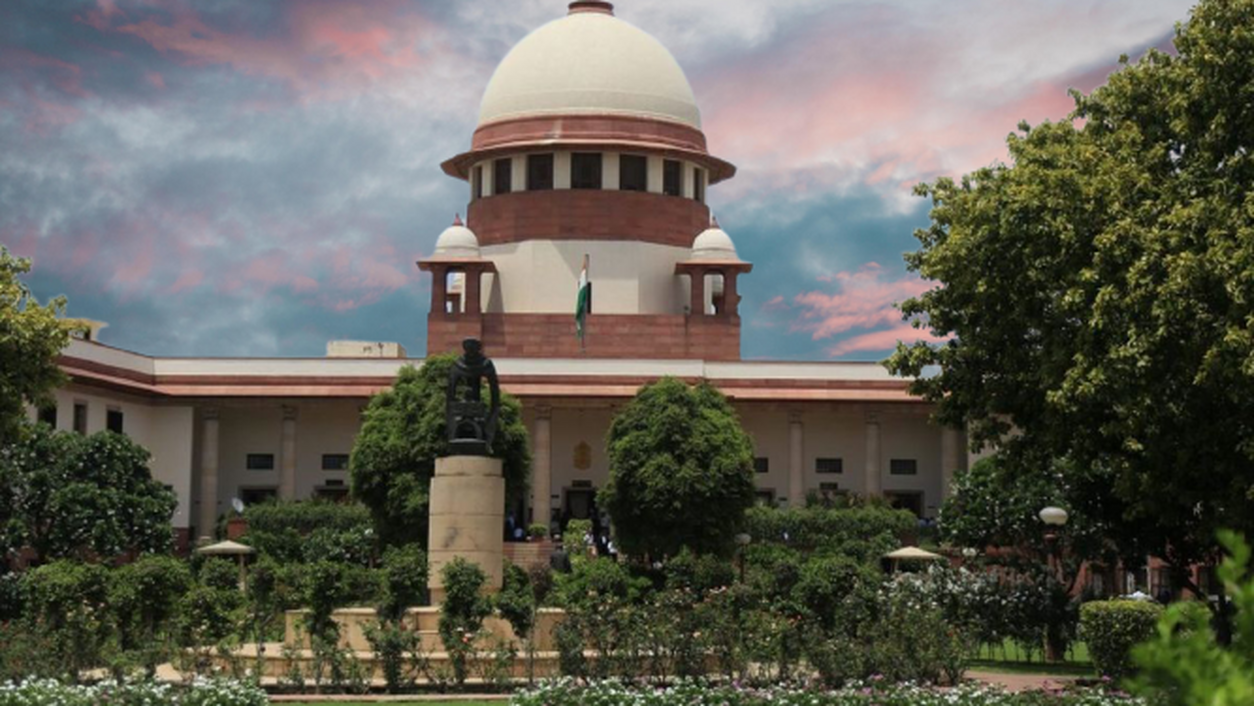Powers u/s 391 of CrPC to take additional evidence by Appellate Court are to be exercised sparingly: Allahabad HC

Read order: Ramdas Tureha vs. State of U.P. and Another
Pankaj Bajpai
Prayagraj, August 31, 2021: While declining the application seeking summoning of witness after the trial stage, the Allahabad High Court has ruled that powers u/s 391 of the CrPC to take additional evidence by the Appellate Court is of a discretionary nature and are to be exercised sparingly and only in suitable cases.
The Single Bench of Justice Yogendra Kumar Srivastav observed that Section 391 of the CrPC empowers the court to admit additional evidence at the appellate stage, if it considers that such additional evidence is necessary, notwithstanding that, such power to be exercised is of a discretionary nature and cannot be utilized to fill up gaps and lacunae in the evidence.
The point of dispute in the instant case pertained to the fact that an application was moved by the applicant seeking invocation of the provisions under section 391 of the CrPC for summoning certain persons as witnesses and recording of additional evidence by the appellate court.
This was done pursuant to the framing of charges by the Trial court against him u/s 419 & 420 of IPC for being guilty of concealing his original caste while contesting the panchayat elections. This application was rejected by the ADSJ, Hathras District.
While rejecting the application, the Additional District and Sessions Judge had said that despite the lapse of more than five years the appeal was not being argued and the application seeking summoning of witnesses had been filed only with a view to delay the proceedings. The order also recorded that the applicant had not moved any application for summoning of the additional witnesses during the course of the trial.
The Trial Court had acquitted the applicant from the charges u/s 467, 468 and 471 of the IPC observing that though the applicant had misrepresented his caste in the nomination form but he had neither utilized the caste certificate nor had he appended the same along-with the nomination form.
After considering the issue, Justice Srivastav noted that the appellate court’s power to receive additional evidence u/s 391 of the CrPC fell for consideration in Rambhau and Another vs. State of Maharashtra wherein it was held that the powers under the section being in the nature of an exception shall always have to be exercised with caution and circumspection so as to meet the ends of justice.
The nature, scope and object of the powers to be exercised u/s 391 of CrPC was also examined in Zahira Habibulla H. Sheikh & Anr vs State Of Gujarat & Ors wherein it was held that though under the provision a wide discretion has been conferred, the powers could not be exercised for filling up any lacunae and the appellate court while directing taking of additional evidence was required to record reasons for the same, added Justice Srivastav.
Accordingly, the High Court held that the powers u/s 391 have been held akin to those under Order XLI Rule 27 of the Code of Civil Procedure, 1908, and in view thereof additional evidence cannot be tendered at the appellate stage as a matter of right and the power to be exercised by the appellate court is to be based on discretion, sound judicial principles and in the interest of justice.
The test to be applied is as to whether the evidence sought to advanced is essential for a just decision of the case, added the Court.
Therefore, opining that the application filed u/s 391 seeking to summon the persons who are stated to have issued the caste certificate, as witnesses, may not have any material bearing on the outcome of the pending appeal, the High Court refused to exercise its inherent jurisdiction u/s 482 of the CrPC.
Sign up for our weekly newsletter to stay up to date on our product, events featured blog, special offer and all of the exciting things that take place here at Legitquest.




Add a Comment